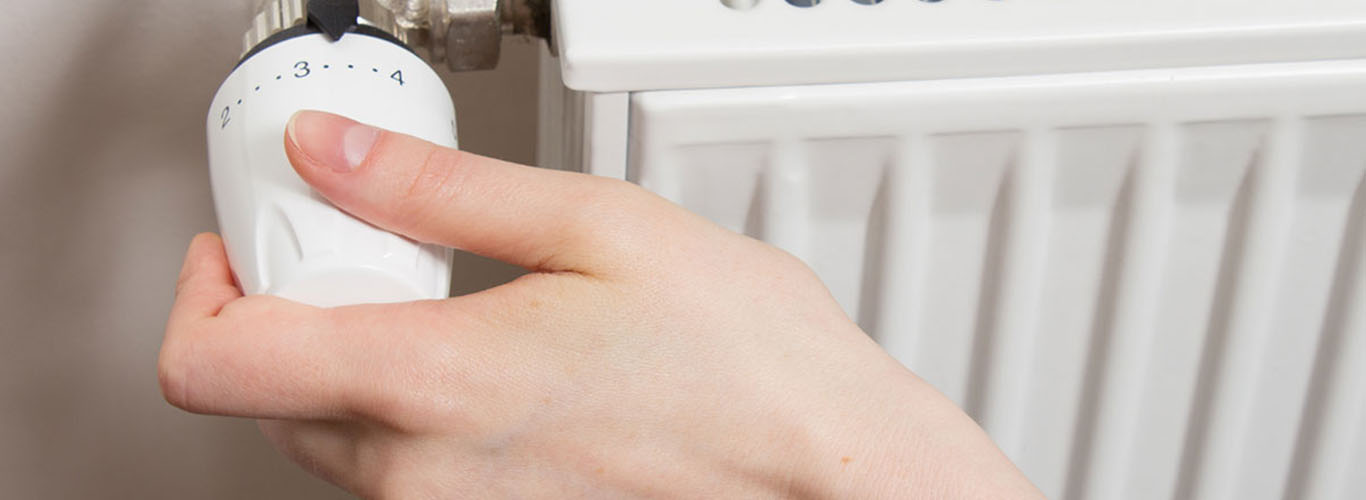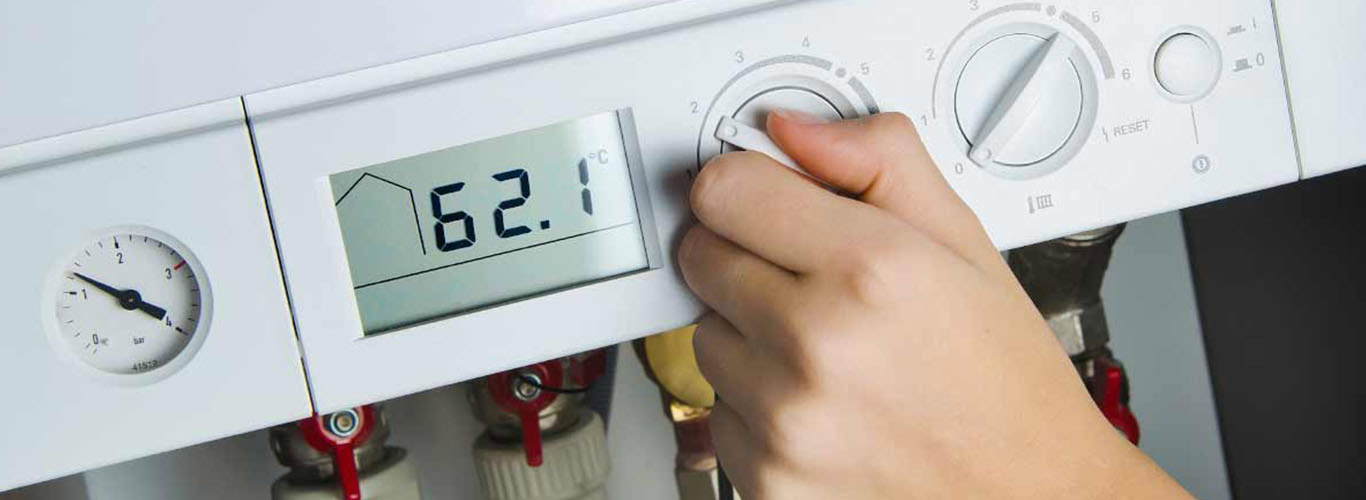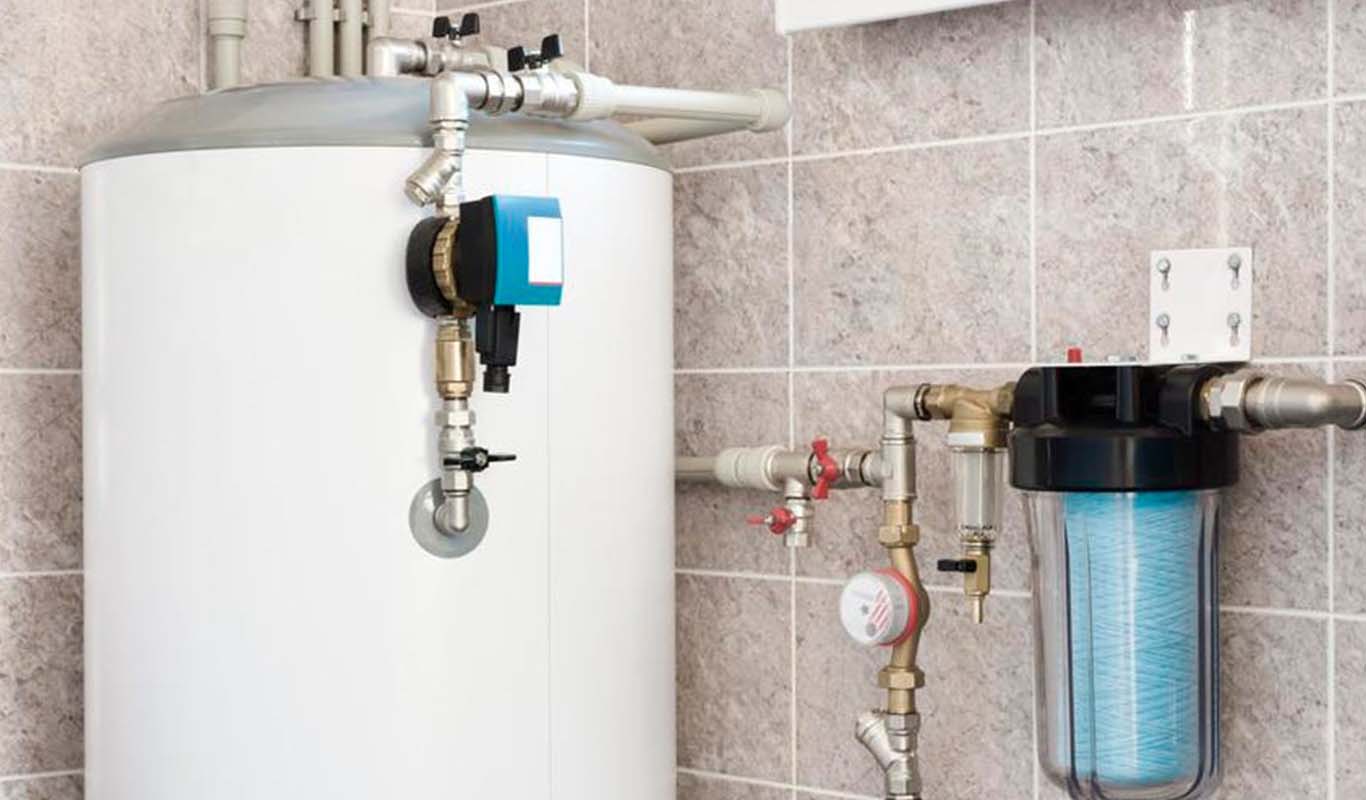Troubleshoot the Most Common Central Heating Faults with Confidence
You’re getting hot water from your taps, but your radiators stay cold. Frustrating? Definitely. But don’t panic—this is a very common issue and often one that can be diagnosed (and sometimes even fixed) quickly.
In this guide from A&C Heating and Plumbing Ltd., we’ll walk you through the possible causes, solutions, and when you should call in a Gas Safe engineer.

🚨 Quick Summary
Symptoms:
✔️ Hot water works normally
❌ Radiators are cold
❌ Central heating won’t turn on
Possible Causes:
-
Incorrect settings or timers
-
Faulty thermostat
-
Broken diverter valve
-
Air in the radiators
-
Low boiler pressure
🔍 Step-by-Step Troubleshooting Guide
1. ✅ Check Your Thermostat & Timer Settings
It may sound simple, but make sure:
-
The thermostat is set above room temperature (e.g. 20°C)
-
The heating program is actually ON
-
Smart thermostats (like Hive or Nest) are synced properly
🔧 Try temporarily switching to “manual” mode to test if your heating turns on.

2. 🔁 Bleed Your Radiators
If your radiators are cold at the top but warm at the bottom, air is trapped inside.
🧰 Solution:
-
Use a radiator key to bleed each radiator
-
Let the air hiss out until water starts to flow
-
Re-pressurize the boiler if needed (see next step)
3. 🌡️ Check the Boiler Pressure
Most modern boilers (including Ideal, Worcester, Vaillant, Baxi) require pressure between 1.0–1.5 bar.
📉 If the pressure is too low:
-
Locate the filling loop
-
Open valves gently until pressure increases
-
Turn valves off at 1.2–1.5 bar
⚠️ Still no heating? Read on.
4. 🔀 Faulty Diverter Valve
This is a very common cause in combi boilers. The diverter valve switches heat between your hot water and central heating. If it’s stuck on hot water, you’ll have no heating.
🧰 Only a qualified engineer can test or replace the diverter valve.
5. 🔌 Reset the Boiler
Your boiler may have entered a fault or lockout mode.
🧯 Try this:
-
Turn the boiler off
-
Wait 30 seconds
-
Turn it back on and see if heating works
Look out for any fault codes (like F22, L2, F1), which can help identify the issue.
6. 🧠 Smart Thermostat Glitches
Smart thermostats sometimes lose connection with the boiler or Wi-Fi. Try:
-
Resetting your smart thermostat
-
Checking battery levels (if wireless)
-
Ensuring your app or hub is working properly
🧑🔧 When to Call a Heating Engineer
Call a professional if:
-
You’ve tried all basic checks
-
The diverter valve is faulty
-
There are persistent error codes
-
Your boiler makes unusual noises
-
There’s no heating after a reset
At A&C Heating and Plumbing Ltd., our Gas Safe registered engineers can quickly diagnose and fix these issues anywhere in North and West London.
📍 Areas We Cover:
🔹 North London:
Barnet, Finchley, Camden, Edgware, Kentish Town, Haringey, Enfield
🔹 West London:
Ealing, Acton, Chiswick, Brentford, Hounslow, Wandsworth, Brent
🛠️ We Work With All Major Boiler Brands:
-
✅ Ideal
-
✅ Vaillant
-
✅ Worcester Bosch
-
✅ Baxi
-
✅ Glow-worm
-
✅ Ferroli
📞 Book a Central Heating Repair Today
Whether it’s a diverter valve, pressure issue, or faulty thermostat, we’ll get your heating running again—fast.
📲 Call Now: 0779 559 5757
🕒 Same-day appointments available
🚨 Emergency heating engineers in London

